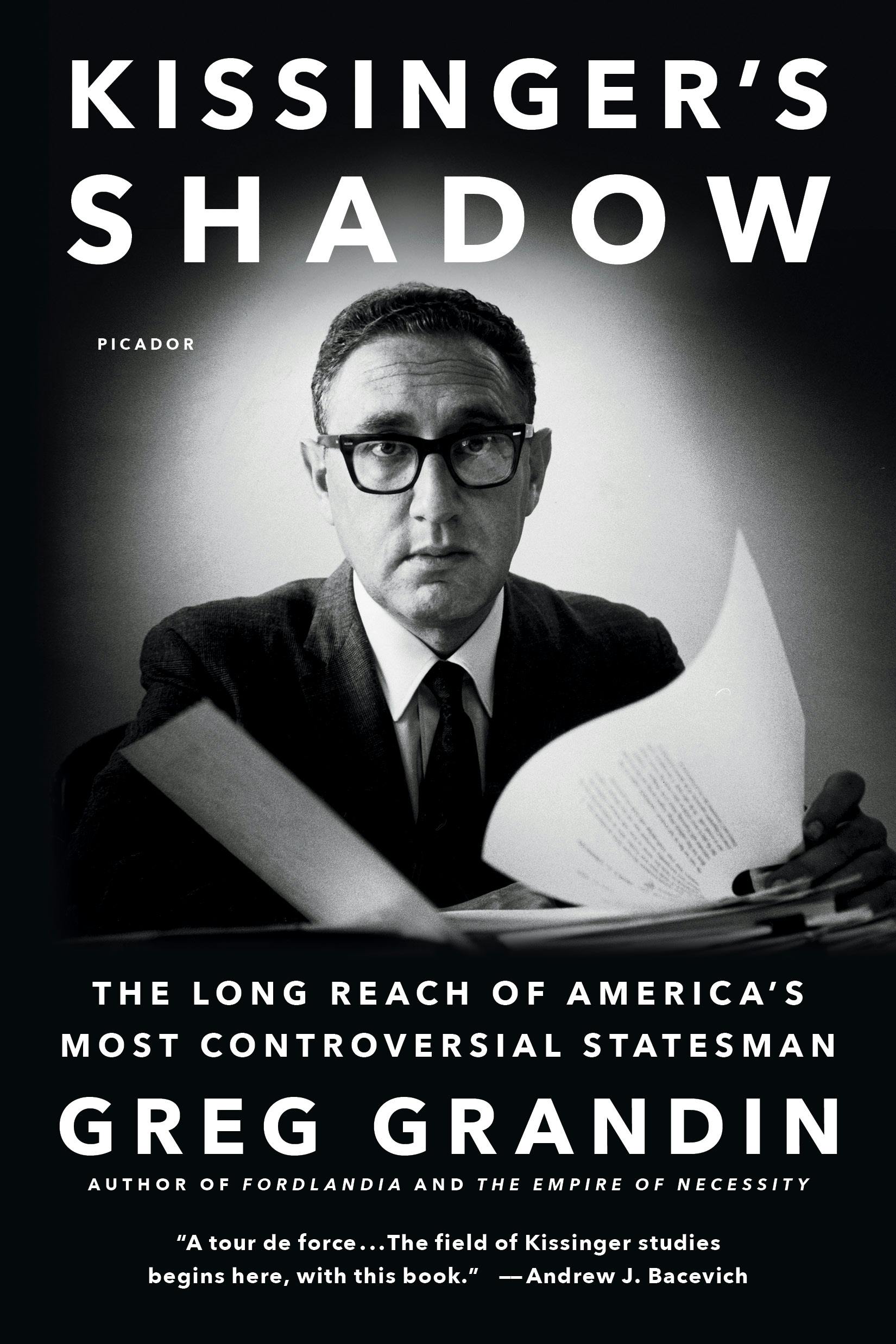05.31.2021
Ronald Reagan Made Central America a Killing Field
AN INTERVIEW WITH
GREG GRANDIN
In the 1980s, the Reagan administration used Central America as a testing ground to rehabilitate US imperial "hard power" after defeat in Vietnam. The results were predictable: death squads, massacres, and murderous repression of left-wing movements.
Latin America has played a crucial role in the history of US empire — and not simply because of its proximity to the US. As historian Greg Grandin argues in the recently reissued Empire’s Workshop: Latin America, the United States and the Making of an Imperial Republic (reviewed by Hilary Goodfriend for Jacobin here), countries south of the border have been used as a crucible in the formation of US policy, a testing ground for its imperial theories, and a touchstone for domestic movements.
One critical moment was the rise of Reaganism, when neoconservatives like Jeane Kirkpatrick and Elliott Abrams steered the US’s foreign policy and rank-and-file members of the New Right took a keen interest in fighting left-wing movements in Central America. Right-wing leaders later used the lessons they gleaned from brutal counterinsurgency programs in El Salvador in the occupations of Iraq and Afghanistan.
In a recent appearance on the California-based progressive radio show Against the Grain, Grandin spoke with radical journalist Sasha Lilley about the many ways Latin America’s resistance to US empire has reshaped American politics. Their conversation has been edited and condensed for clarity.
SASHA LILLEY
How important has Latin America been for the United States as an imperial power?
GREG GRANDIN
It’s been critically important. It’s easy to talk about Latin America as a site in which the US imposes its imperial will, carries out coups and regime changes, and pays no attention to the consequences and disastrous results. But there’s another story to tell. Latin America was a challenge to the founders of the United States. They immediately had to deal with the fact that the Western Hemisphere had multiple republics, and that they shared with the founders of the United States a sense of American exceptionalism.
Latin America resisted US expansion ideologically, economically, and politically in ways that, say, European empires prior to the collapse of Spain and England in the Western Hemisphere, or indigenous communities, couldn’t. That pushback forced the United States to figure out new strategies to project its power. Ascendant political coalitions in the United States used Latin America to work out their worldview and their tactics, and to reconcile contradictions among different constituencies.
That is something absent from most discussions of the relationship of Latin America t.o the United States. It’s easy to talk about Latin America as this place where US empire has run roughshod. It’s much more difficult to understand the way Latin America has shaped the domestic politics of the United States.
More:
https://jacobin.com/2021/05/greg-grandin-empires-workshop-latin-america



ETC...


